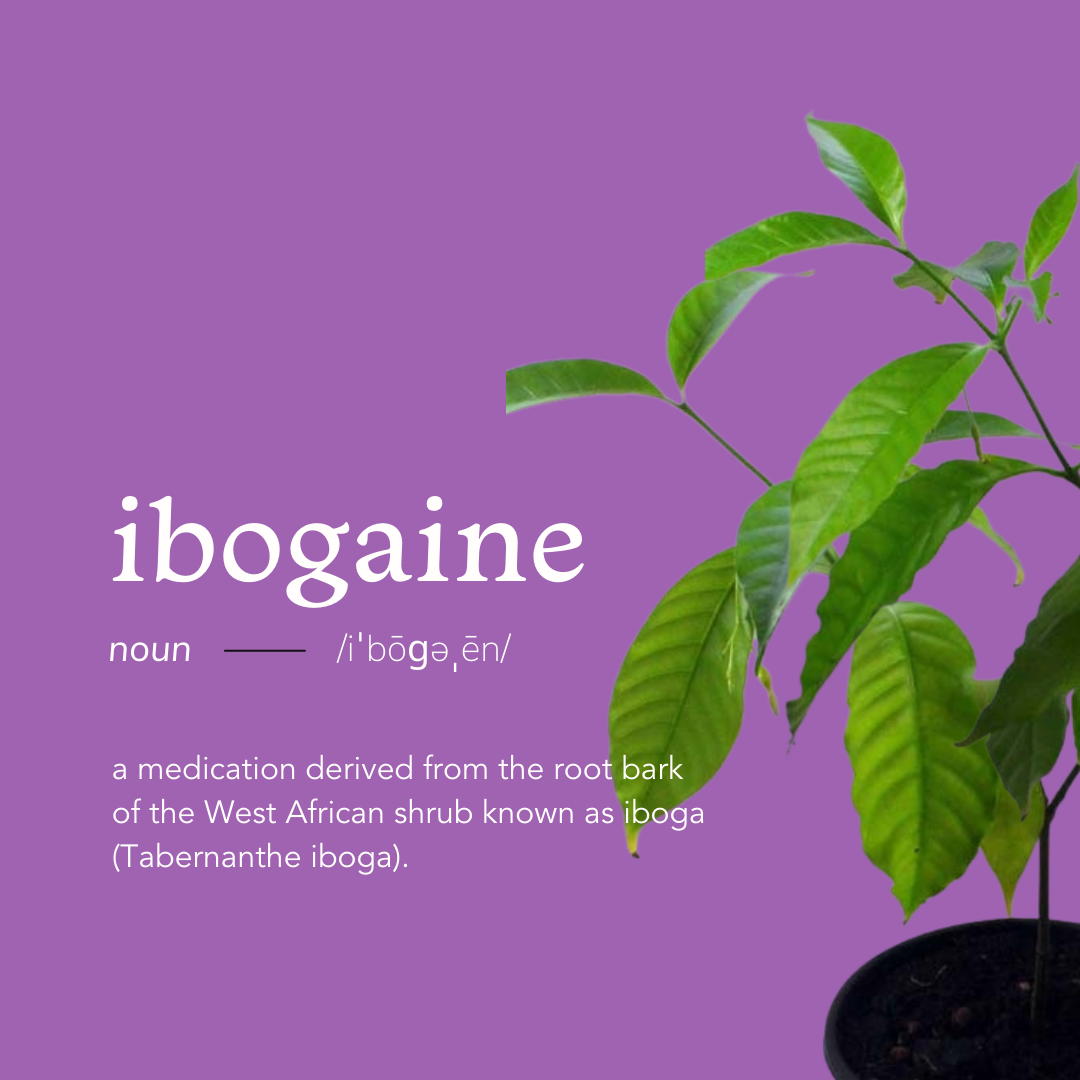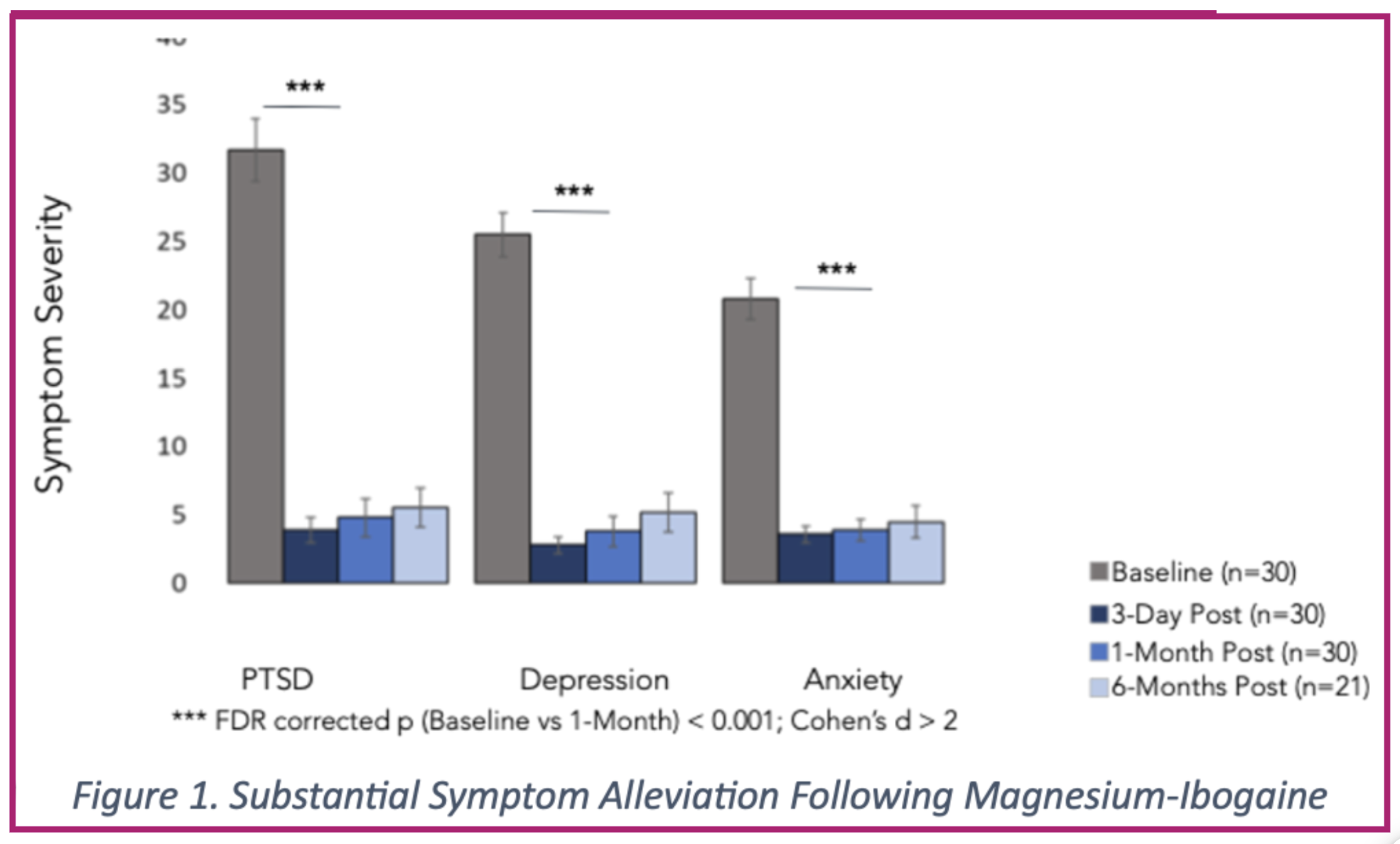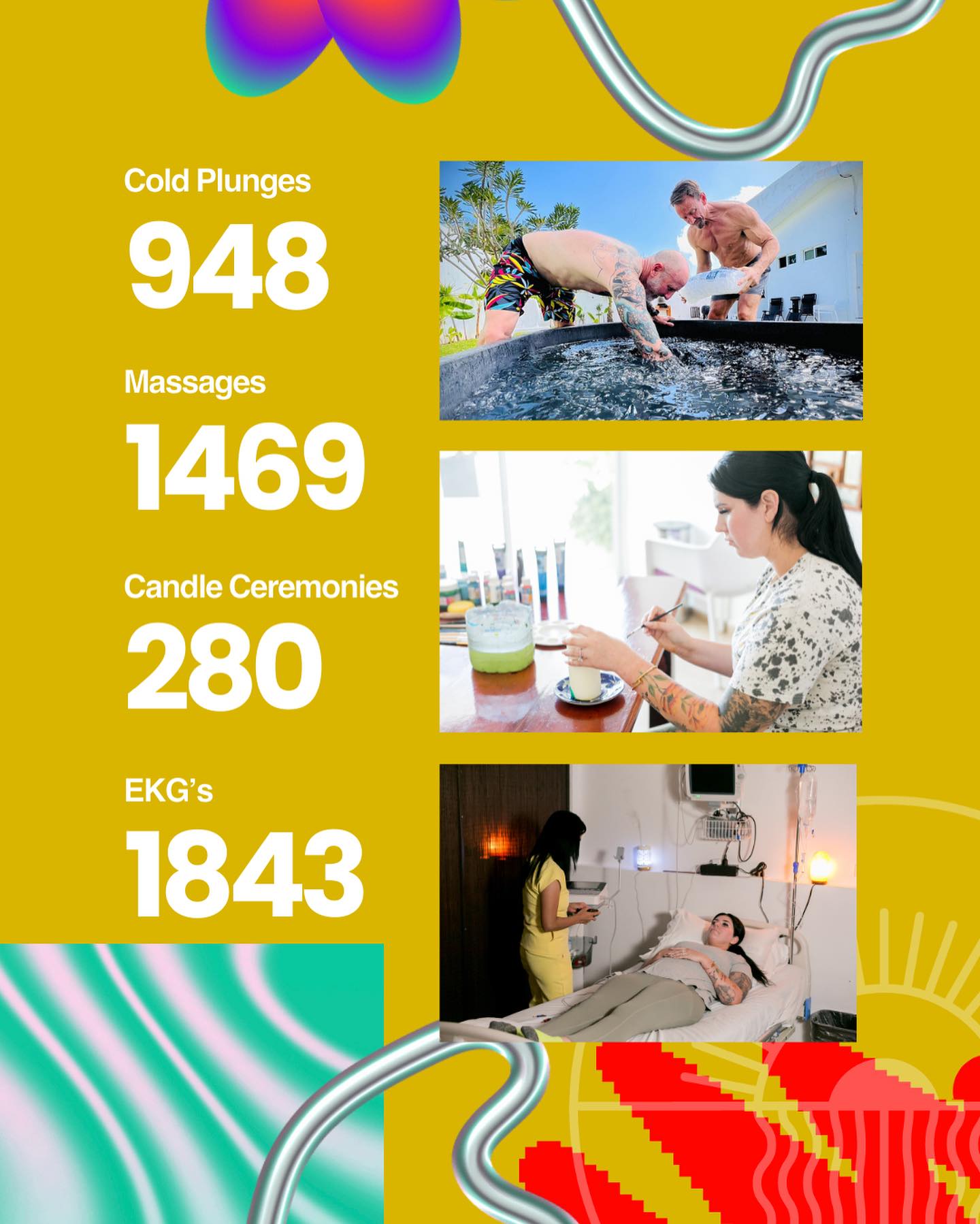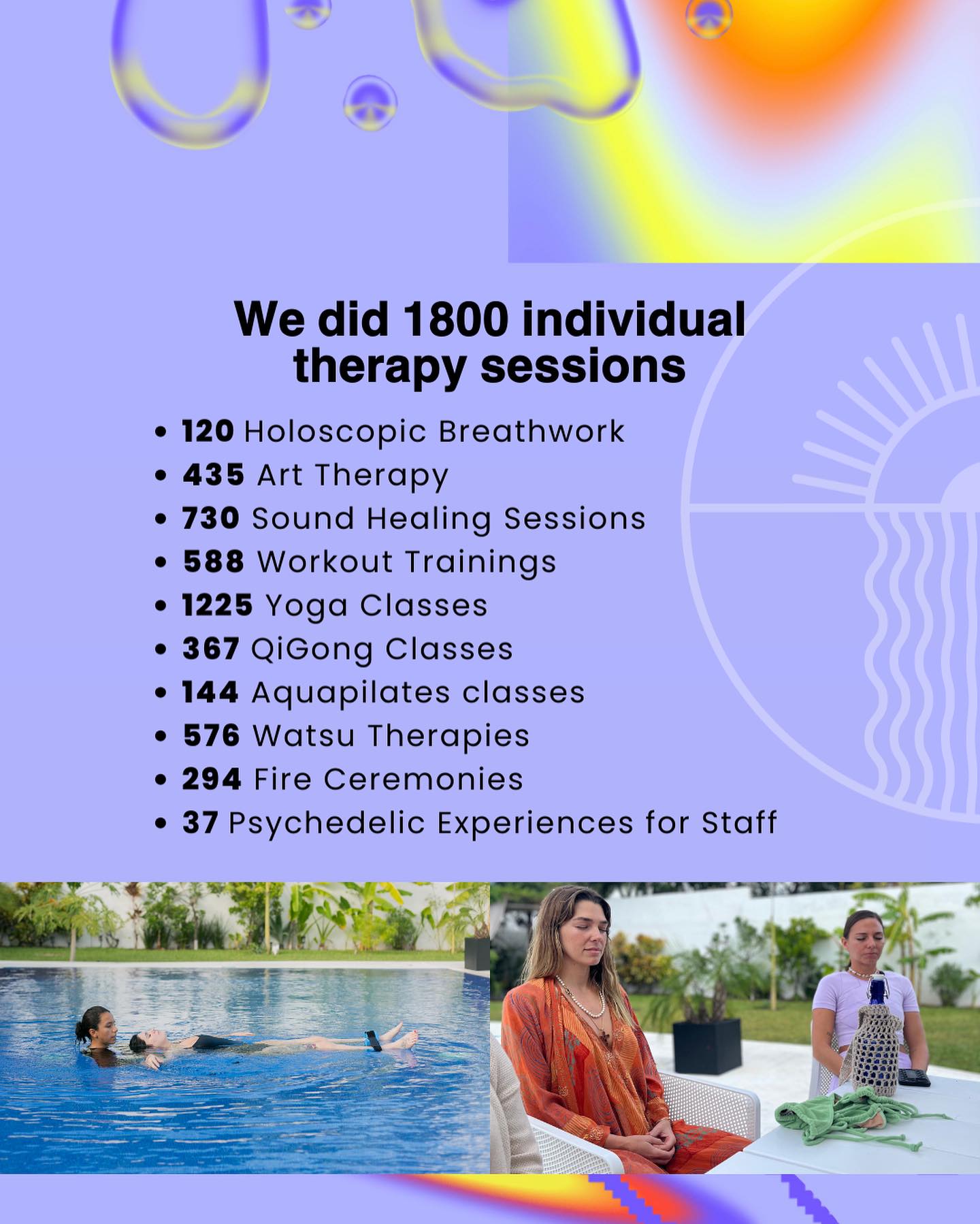Depression, a complex and pervasive mental health challenge, affects millions globally. It’s a condition that transcends mere feelings of sadness, significantly impacting the daily lives of those it touches.
As we explore the depths of this condition, it’s crucial to recognize the importance of mental health and the widespread prevalence of depression.
1. Types of Depression
Depression is not a singular entity; it presents itself in various forms, each with unique characteristics and implications. Understanding these variations is essential for effective diagnosis and tailored treatment strategies. Below, we delve into the most common types of depression, highlighting their distinct features and the challenges they pose:
— Major Depressive Disorder (MDD)
This is the most prevalent form of depression, marked by persistent sadness and a lack of interest in previously enjoyed activities. It significantly impairs daily functioning, affecting work, relationships, and overall quality of life. Standard treatments often involve a combination of psychotherapy and medication, such as antidepressants, and in severe cases, electroconvulsive therapy (ECT) may be considered.
— Bipolar Disorder
Known for its extreme mood swings, this disorder includes phases of depression interspersed with episodes of mania. While not a type of depression per se, its depressive phases can be particularly challenging. Treatment typically involves mood stabilizers, antipsychotics, and psychotherapy.
— Seasonal Affective Disorder (SAD)
Characterized by depressive episodes during specific times of the year, usually winter, SAD can significantly impact mood and energy levels. Treatment options include light therapy, antidepressants, and cognitive-behavioral therapy.
— Persistent Depressive Disorder (Dysthymia)
A chronic form of depression, dysthymia presents as a less severe but more prolonged mood disturbance than MDD. Treatment approaches often mirror those for MDD, focusing on psychotherapy and medication.
— Postpartum Depression
This type of depression occurs after childbirth, involving severe mood swings, exhaustion, and feelings of inadequacy. It’s a serious condition that can affect a mother’s ability to care for her newborn. Counseling, antidepressants, support groups, and hormone therapy are among the treatment options.
— Atypical Depression
Unique for its mood improvement in response to positive events, this type features increased appetite, oversleeping, and sensitivity to rejection. Treatments include antidepressants and psychotherapy, along with lifestyle adjustments.
— Psychotic Depression
This severe form combines depression with elements of psychosis, such as delusions or hallucinations. Treatment requires a comprehensive approach, addressing both depression and psychotic symptoms.
— Treatment-Resistant Depression
As the name suggests, this type of depression does not respond to traditional treatment methods and may require innovative or combination therapies, including psychedelic-assisted therapy.
Understanding these types highlights the complexity of depression and underscores the need for personalized treatment approaches.
2. Understanding and Treating Depression
Neuroplasticity plays a crucial role in our understanding and treatment of depression. This concept, which refers to the brain’s capacity to reorganize itself by forming new neural connections throughout life, is central to both the development and potential treatment of various mental health conditions, including depression.
Depression and Neuroplasticity
Neuroplasticity involves the brain’s ability to adapt to experiences, which can be both positive and negative. In the context of depression, negative experiences or chronic stress can lead to maladaptive changes in brain circuits, which can contribute to depressive symptoms.
Research has identified key brain regions implicated in depression, such as the hippocampus (involved in memory and emotion regulation) and the prefrontal cortex (associated with decision-making and mood regulation), where neuroplastic changes are particularly significant.
Neuroplasticity as a Target for Treatment
The goal of many depression treatments is to reverse these maladaptive neuroplastic changes. This can be achieved through various interventions, ranging from pharmacological treatments to psychotherapy, which can help create positive neural changes and alleviate depressive symptoms.
Traditional antidepressants, such as SSRIs (Selective Serotonin Reuptake Inhibitors), are thought to exert some of their effects by promoting neurogenesis, particularly in the hippocampus, thus contributing to neuroplasticity.
Recent research into psychedelics, such as ibogaine, has shown promising results in treating depression. Ibogaine promotes neuroplasticity, leading to rapid and lasting changes in brain circuits.
Psychedelics appear to disrupt entrenched patterns of thought and behavior, potentially ‘resetting’ neural networks. This can provide a window of increased brain plasticity, where the brain is more receptive to forming new, healthier patterns and connections.
Ibogaine’s Unique Approach to Treating Depression
Traditional treatments, while effective for some, don’t work for everyone. This is where ibogaine, a naturally occurring psychoactive substance, shows promise.
But what exactly is ibogaine, and how could it revolutionize the treatment of depression?
Ibogaine is derived from the root bark of the African iboga tree, traditionally used in spiritual practices. In medical settings, it’s gaining attention for its potential in treating various mental health conditions, including depression.

Unlike conventional antidepressants that target neurotransmitters like serotonin, ibogaine offers a holistic reset within one treatment period.
It works on multiple neurochemical systems simultaneously, promoting neurogenesis and neuroplasticity – the brain’s ability to generate new neurons, adapt and change.
This multi-pronged approach provides a fresh perspective, often leading to profound emotional breakthroughs and lasting change.
The Science Behind Ibogaine’s Effectiveness
Ibogaine’s effect on the brain is multifaceted. It acts as a potent serotonin reuptake inhibitor, similar to common antidepressants, but also influences other pathways. This unique action facilitates a comprehensive neurological and psychological reset, which can be particularly effective for those who have found little relief from standard treatments such as SSRI’s or traditional therapy.
Learn more about clinical ibogaine treatment for behavioral conditions >>>

Mental health conditions like depression may leave one mired in belief systems and thoughts that “aren’t entirely accurate,” explains Lynnette Averill, an Associate Professor at Baylor College of Medicine and clinical research psychologist at the U.S. Department of Veterans Affairs.
Neurobiologically, ibogaine offers a “hard reset” from these beliefs by targeting “multiple neurochemical systems at once in a very rapid and robust fashion,” says Averill.
It also allows the patient to emotionally and cognitively process root causes behind their trauma, which is where we see a lot of this treatment’s benefit, she says.
Individuals who undergo ibogaine treatment commonly report experiencing a “30,000 foot view of their life and sometimes that of their ancestors.”
“Thinking about ourselves as a tiny part of something so much bigger can serve the purpose of grounding us in what the important things are for our lives, as members of our families, our communities, and even of the species,” says Averill.
Dr. Joseph Barsuglia, a clinical and research psychologist with expertise in ibogaine, likens the ibogaine experience to a “dreamlike state.”
”Dreams are where we process our subconscious mind and work out conflict,” says Barsuglia. “It connects you to your own intelligence so you can heal yourself.”
“Ibogaine works in the brain in a more unique way than most psychedelics,” explains Barsuglia, who serves as an advisor to Beond. “It appears to go through your memory database, like a Rolodex of difficult experiences you’ve had that you haven’t metabolized psychologically.” This “life review,” as it’s commonly called, helps the patient confront what they’re running from, so they can evolve past it.
The Role Of Ibogaine-Assisted Therapy in Treating Depression
The true transformative power of ibogaine is fully realized when combined with integrative counseling and psychotherapy. This holistic approach allows individuals to delve deep into introspection, facilitated by the unique neurochemical effects of ibogaine. Psychotherapy allows people to engage in a journey of self-discovery, confronting and understanding the root causes of their depressive states within a safe and nurturing environment.
The therapy provides a unique opportunity for introspection, allowing individuals to confront and understand the root causes of their depression. This deep level of insight can lead to lasting changes in mental health, as patients are often able to process and move beyond their past traumas and negative thought patterns.
Beond’s therapeutic coaching is designed to complement the ibogaine experience, guiding you through your emotional and psychological breakthroughs. By processing past traumas, reevaluating negative thought patterns, and developing new coping strategies, you can achieve lasting changes in their mental health.
The treatment is carried out in a controlled, therapeutic setting, under the guidance of Beond’s experienced medical professionals. This ensures not only the safety and well-being of the patients but also enhances the efficacy of the treatment.
Personal Stories of Transformation
Many individuals who have undergone ibogaine treatment for depression report significant improvements. They often describe experiences of introspection and emotional processing that have allowed them to confront and understand the root causes of their depression, leading to lasting changes in their mental health.
Safety and Supervision
Safety is paramount in medical ibogaine treatment. It should only be administered under strict medical supervision due to its potent effects and the need for precise dosing. At Beond, an industry-leading ibogaine treatment clinic in Cancun, Mexico, we prioritize safety, ensuring a controlled environment for the administration of ibogaine.
About The Beond Ibogaine Program
Beond Ibogaine offers a comprehensive and holistic approach to recovery from depression through ibogaine-assisted therapy. In addition to ibogaine therapy, our program includes therapeutic workshops for personalised aftercare plans and complementary therapies like meditation, yoga, and fitness programs tailored to individual needs.


